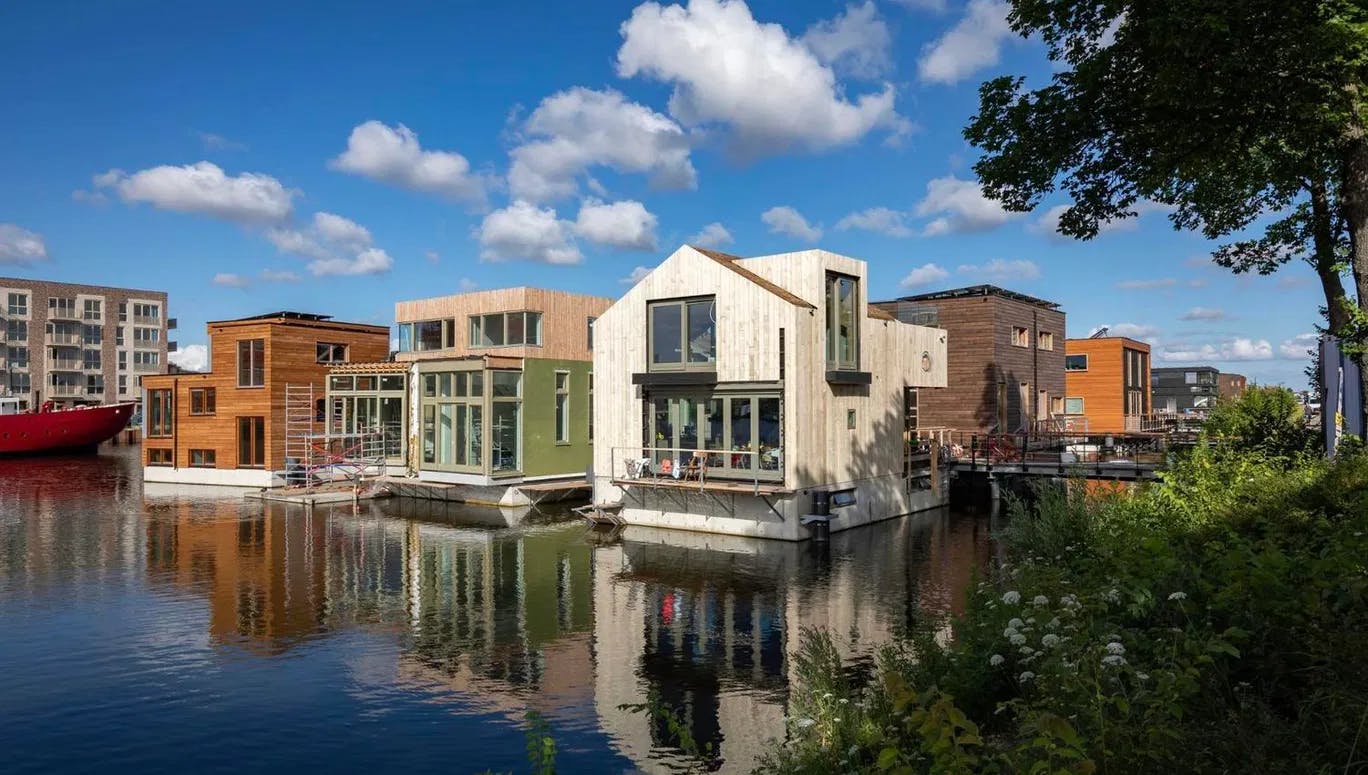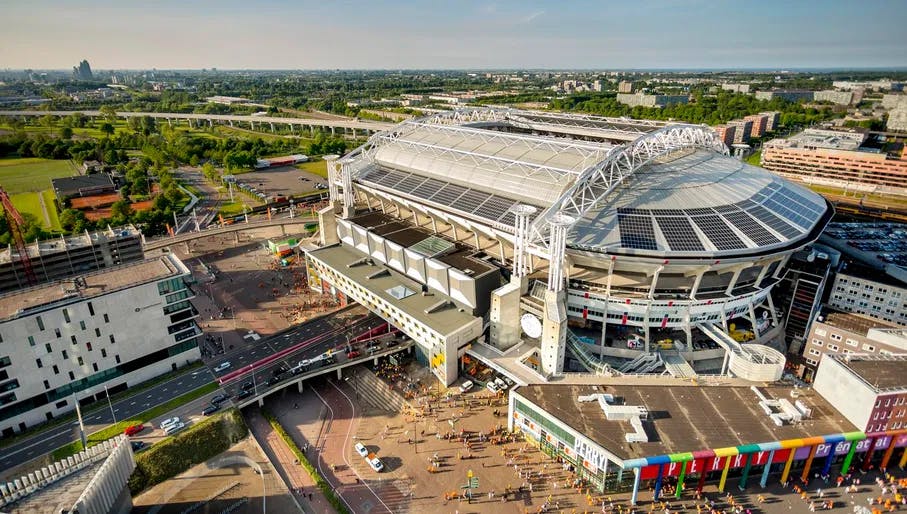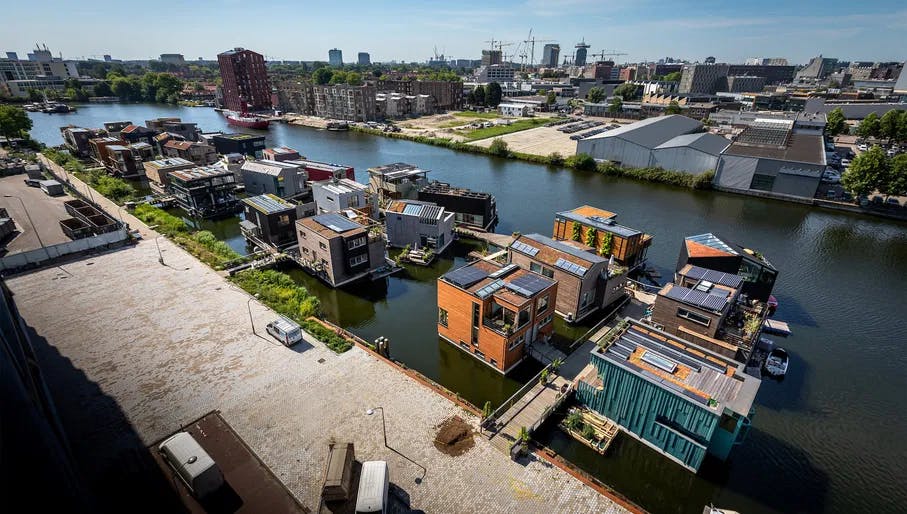
How smart grids are enabling Amsterdam's energy transition
Smart grids distribute energy more efficiently
Cities shifting to decentralised clean energy need flexible infrastructure to balance demand and store surplus power. Unlike the traditional one-way power flow, electricity networks must adapt to utilise and store new renewable sources, meeting rising demand without service interruptions.
Smart grids use technology to enable intelligent communication among users, enhancing power storage and distribution efficiency while addressing network gaps. For example, they can signal households to adjust battery charging or discharging, align thermostats with energy availability, delay car charging, or halt energy production.
Smart City: How Amsterdam Revolutionizes Energy | Future Smart City Projects

Amsterdam’s growing smart grid infrastructure
The Dutch energy sector benefits from being part of one of the world’s most advanced digital infrastructures. This high level of connectivity provides vast opportunities to develop and scale smart grid solutions in a way that can be replicated across the globe.
Here are a few examples of Amsterdam’s growing smart grid infrastructure:
City-Zen: Europe’s first smart grid project
The City-Zen project, a collaborative effort by the cities of Amsterdam and Grenoble in France, was implemented in 2014 and was the first EU-funded smart grid project. Working with 28 partners over the course of 5 years, 10.000 residential buildings were renovated with energy-saving features, saving an estimated 35K tonnes of CO2 emissions annually.
This project helped to develop an early roadmap to reducing carbon emissions within existing infrastructure by providing a living lab. It also helped engage citizens in adopting new energy-saving practices.
Managing the energy mix more efficiently around the Amsterdam ArenA

The smart grid system around the Amsterdam ArenA (premiere sporting and events venue), is playing a key role in adapting to a changing energy landscape. With the increase of residential housing and growing popularity of electric vehicles and sustainable heating solutions, the energy demand is on the rise.
The Local Inclusive Future Energy (LIFE) system connects all energy sources, helping residents and businesses make informed choices about energy exchange and storage. A virtual replica, or "digital twin" of the area, is created for testing optimal energy solutions using data and AI. This optimises energy efficiency, stabilises the local grid, and stores excess energy, including power from the Amsterdam ArenA's solar panels.
A flexible solution to increasing EV charging
Flexpower Amsterdam

To cope with the increased demand for electric vehicle (EV) charging capability, the City of Amsterdam, in collaboration with academic and industry partners, are testing a system that allows for mass EV charging by enabling flexible charging speeds.
Flexpower charging system efficiently redistributes power among neighbourhood EVs, adjusting charging speed based on the total number of cars and grid capacity. It allows cars to receive extra power during low-demand periods for faster charging and may temporarily slow down during high-demand with limited power.
Schoonschip: The world’s most advanced residential smart grid

Schoonschip is a floating residential community in Amsterdam North that serves as a testing ground for more efficient and sustainable community living. One of the standout features of this development is the innovative smart grid that creates a sustainable energy system and reduces environmental impact.
This community of 46 households act as their own energy supplier and grid operator, relying on a single connection to the public electricity network. The smart grid has been running successfully since 2018, and the technology developed here is being scaled up for other smart grid projects. This pioneering initiative empowers communities to control their energy supply, reduce environmental impact, and contribute to a sustainable energy future.